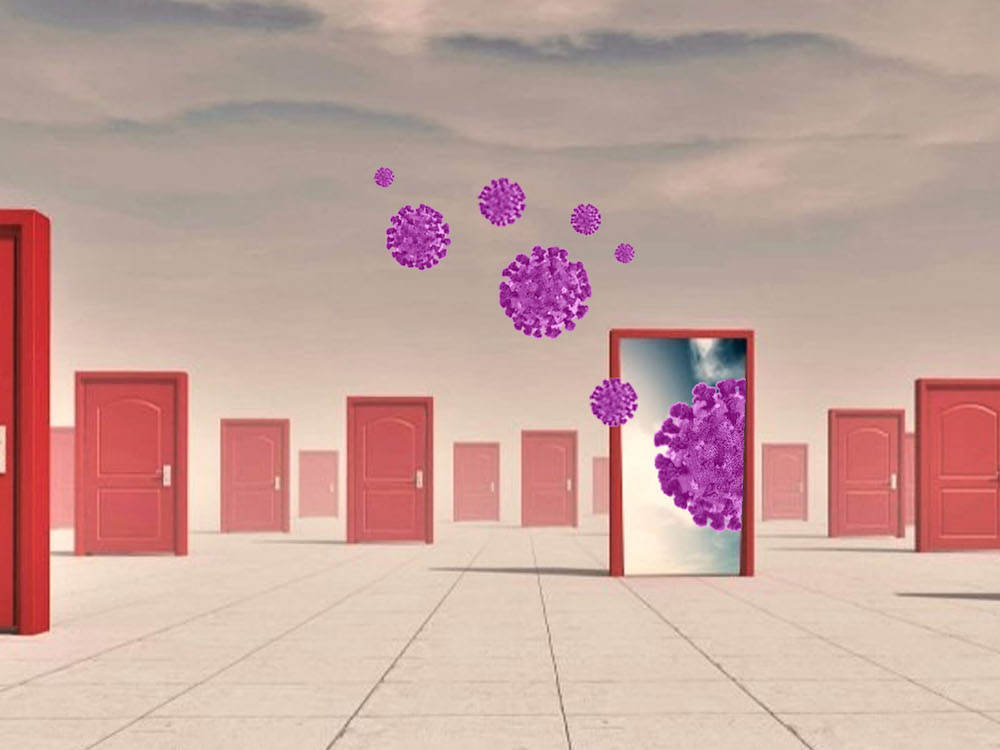Looking back to those early “cancel everything” days of the pandemic, we can be forgiven for guessing the performing arts would transition to screens and find bored audiences in abundance. That was before we all came to understand the ravages of Zoom fatigue.
As our work and social lives shifted to digital interfaces, it seemed we had limited brain cells left over to watch something “live” but mediated by pixels. After staring at a computer for eight hours a day, the idea of sitting in front of a screen during your off hours felt like a strange form of imposition.
Some art forms fared better than others. Film, already streaming into people’s phones, computers and television screens, pivoted pretty easily. Festivals went digital, and major film studios soon followed, flooding the internet with more movies than any human person could watch in a single lifetime. The literary arts also did reasonably well; book sales were up.
But art galleries were running at a fraction of their usual capacity. Wandering through an empty gallery was something of a surreal and occasionally quite forlorn experience. And for art forms that relied on the frisson of live performance, things were even tougher. The notion of watching a three-hour opera or a dance performance on your laptop was often a hard sell.
Like most humans, the more guilt I feel about something, the less apt I am to want to do it. Events that on paper sounded interesting — a panel discussion or an art exhibition, on Zoom or some other form of digital format felt strangely enervating. After a few moments of talking heads on a small screen I just wanted to slink away. Which, online, is very easy to do. No barging past people, banging into their knees and whispered apologies. You simply blink out of existence and no one is the wiser.
Fortunately, the creative community is, well, creative. The imperative to discover innovative new ways of presenting shows was galvanizing for lots of organizations. Music on Main’s series “As Dreams Are Made,” which paired one audience member and one musician, was a genuine success story.
Some larger organizations didn’t even try the digital route. The Metropolitan Opera and Broadway simply closed up shop for the year and sent everyone home.
In Vancouver, the casualties have yet to become clear. Different organizations have adopted different strategies. Some may weather the storm and others may not. Personally, I am holding out hope for a renaissance of sorts. When the pandemic finally recedes and people are freed from solitary confinement, they might flood theatres and concert halls, desperate for the experience of crowded receptions, overpriced wine and long bathroom lineups.
I’ve read that when audiences watch a live performance together in a theatre, their heart beats synch up. Maybe it’s no surprise to see what the pandemic has taught us. There’s no digital substitute for real life.
Next: Broken China? ![]()
Read more: Coronavirus, Film

















Tyee Commenting Guidelines
Comments that violate guidelines risk being deleted, and violations may result in a temporary or permanent user ban. Maintain the spirit of good conversation to stay in the discussion.
*Please note The Tyee is not a forum for spreading misinformation about COVID-19, denying its existence or minimizing its risk to public health.
Do:
Do not: